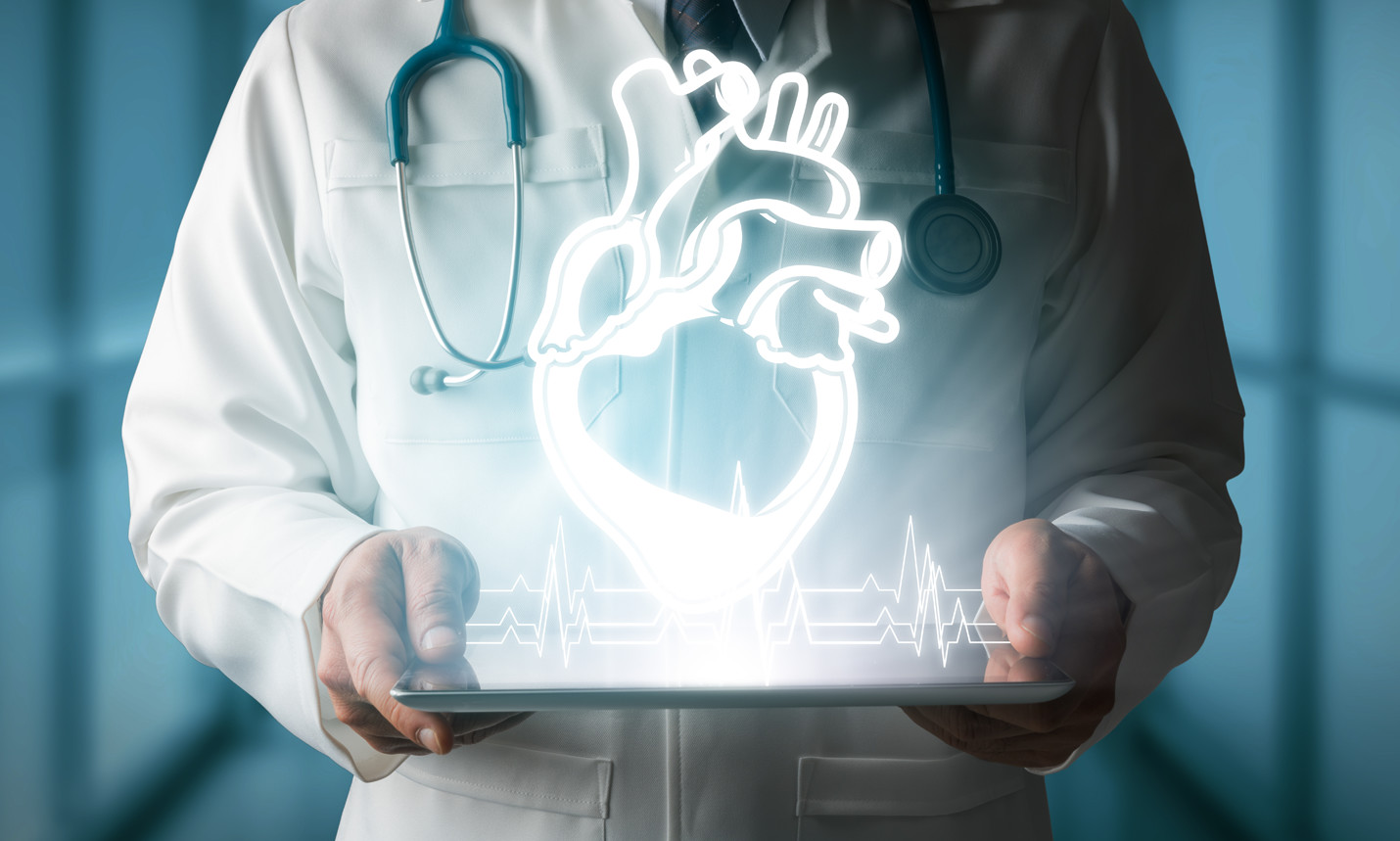Can Heart Scans Detect Blockages?

Heart disease is the leading cause of death in the world, especially amongst men. In fact, according to the World Health Organization, heart disease has claimed the lives of over 7,400,000 people in 2015. Studies have shown that the probability of developing heart disease increases based on the individual’s ethnicity, Native Americans, Pacific Islanders, and Asians being the most susceptible.
In most cases, the signs of an impending heart attack are abundantly clear and may include symptoms like:
- Shortness of breath
- Chest pain
- Nausea
However, in some instances, there may be no telltale signs, which is why you’re encouraged to undergo cardiovascular imaging to monitor your heart’s health.
The Cause of Heart Disease
Heart disease is often the end result of restricted blood flow to the heart, which is usually prefaced by atherosclerosis (plaque buildup). Similar to gum disease, atherosclerosis occurs over an extended period of time and is often asymptomatic. These are two major contributors to heart disease:
-
Smoking
Smoking increases blood pressure and makes it more difficult to exercise. If you smoke you’re also exacerbating the ill-effects to your heart since it increases plaque buildup in the aorta, arteries in the legs, and coronary arteries. Therefore, quitting smoking can greatly increase the health of your heart and your longevity.
-
Poor Nutritional Choices
Poor nutrition can lead to obesity, diabetes, and high blood pressure. To decrease the risk, you should abstain from fried foods, limit full-fat dairy products, limit portion size, and eat more fruits and vegetables. Though it is equally tough to change eating habits, your heart will greatly benefit.
Protecting Your Heart
As previously mentioned, cardiovascular imaging is the best and most conclusive way to measure the health of your heart. Cardiovascular imaging techniques like coronary artery calcium scans could very well save your life. Since heart disease produces little to no symptoms, it often goes undetected until it’s too late. Cardiac imaging can complement other tests used to measure the probability of developing heart disease including measuring blood glucose levels and genetic predisposition. This helps to gain a fuller understanding of risk.
Cardiac imaging makes early detection of coronary plaque buildup not only quantitative but also more definitive. And these tests are saving lives; studies have shown that more than 40% of those who have suffered a heart attack, didn’t even know that they had significant plaque buildup. Cardiac imaging makes it possible to detect problems early, which, in turn, allows patients the opportunity to make certain life changes that can allow them to live longer.
How Do Heart Scans Work?
Coronary artery calcium scans are low radiation scans that can assess calcium deposits in the heart arteries; These tests are comprised of specialized X-rays that enable practitioners to accurately measure calcified plaque buildup in the arteries. Based on the extent of calcium deposits, calcium score is derived:
- 0 to 99: Mild coronary artery disease
- 100-399: Moderate coronary artery disease.
- > 400: Severe coronary artery disease.
“A Picture is Worth ten thousand words (Barnard 1927)”. Studies have shown that coronary artery calcium scans can motivate people to adopt lifestyle changes to reduce the risk for heart attack. People who had calcium deposits in coronary arteries were more likely to take medications like aspirin and quit smoking. This can be an invaluable tool in the fight against heart disease. In fact, in these clinical trials, which included over 4,000 participants with no heart disease symptoms, Coronary artery calcium scans identified plaque buildup that alluded to a possible heart attack.
What are the downsides of Calcium scans?
- These scans are usually not covered by insurance. Some hospitals offer this test at very low out of pocket cost like $39.00 at St. Mary’s Hospital Decatur, IL.
- The scan measures calcified plaque but it can miss small or soft plaque which can lead to a heart attack. So zero score on a calcium scan does not necessarily mean zero risks of heart disease.
When is a Calcium scan useful?
The calcium scan is most useful for people who are considered a moderate risk for heart disease based on traditional risk factors like age, hypertension, high cholesterol, smoking, and family history.
These test results can be used by practitioners to prescribe treatment regiments that could potentially save the lives of their patients.
Be sure to read our article on Steps to Prevent Cardiac Arrest.
Resources:
- http://www.heart.org/HEARTORG/Conditions/Cholesterol/AboutCholesterol/Atherosclerosis_UCM_305564_Article.jsp#.WqauBnwpCM8
- https://www.cdc.gov/heartdisease/facts.htm
- http://www.who.int/mediacentre/factsheets/fs317/en/

